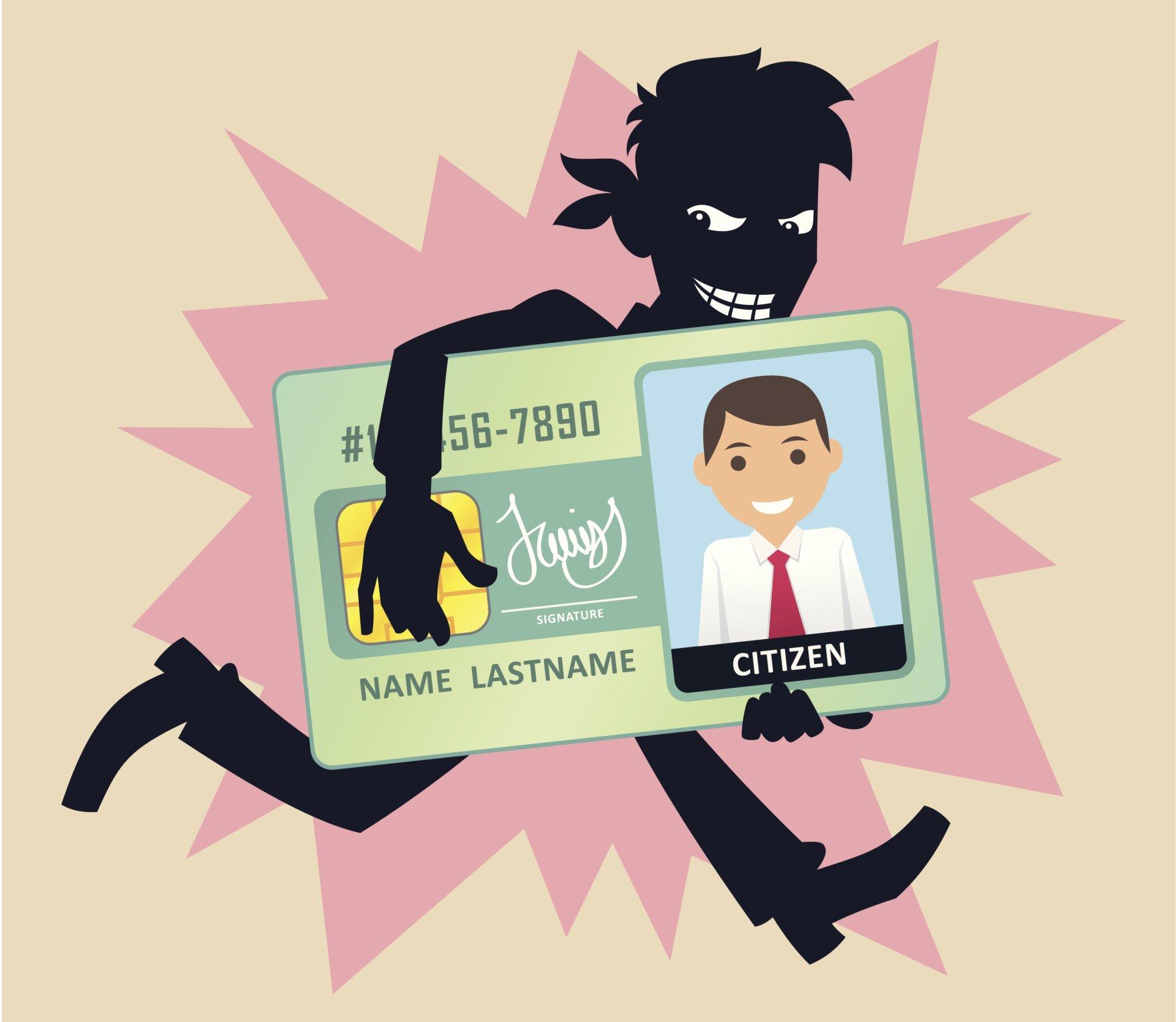
Reports of identity theft shot up in 2015, largely driven by an increase in tax- and wage-related fraud, according to the Federal Trade Commission. People made 490,220 identity theft complaints to the FTC in 2015, up from 332,647 (a 47% increase) in 2014 and 290,102 in 2013.
From 2014 to 2015, there were 51% more complaints related to tax and wage identity theft, which isn’t all that surprising. All thieves need is a Social Security number — say, one that got stolen in one of the many data breaches from recent years — to file a fraudulent tax return. Through November 2015, the IRS reports it has stopped 1.4 million identity theft returns (preventing about $8 billion in fraudulent refunds), but an audit of the IRS found that it lost $5.8 billion to such fraud in 2013.
There’s likely a gap between the incidents reported to the FTC and the actual number of identity-theft occurrences in the U.S., and it’s unclear if the remarkable rise in reports is a result of more identity theft, more people reporting or a combination of both.
Regardless, the figures send a clear message: Identity theft is a common and growing problem. What’s worse: It’s really difficult — some say impossible — to prevent. There are steps you can take to minimize your risk of becoming an identity theft victim, like filing your taxes as early as possible and minimizing the amount of information you share with others. Freezing your credit report can also keep fraudsters from opening up fake accounts in your name, an action that can make a mess of your credit.
When prevention isn’t an option, rapid detection can make all the difference in containing the damage. Sudden changes in your credit scores can be a sign of identity theft (you can see two free credit scores every 30 days on Credit.com), and you’ll want to regularly review your free annual credit reports for errors. Identity theft has, unfortunately, become a common occurrence, so one the best things you can do to protect yourself is know how to respond if it happens to you.
Identity theft victims can file reports with the local authorities, notify their creditors and the credit bureaus and filing a complaint with the FTC, among other things. They’ll also likely need to dispute any errors they find on their credit reports. You can DIY your credit dispute process, which can be done online or via the mail, or you can hire someone like a credit repair company to do it for you.
This article originally appeared on Credit.com and was written by Christine DiGangi.










